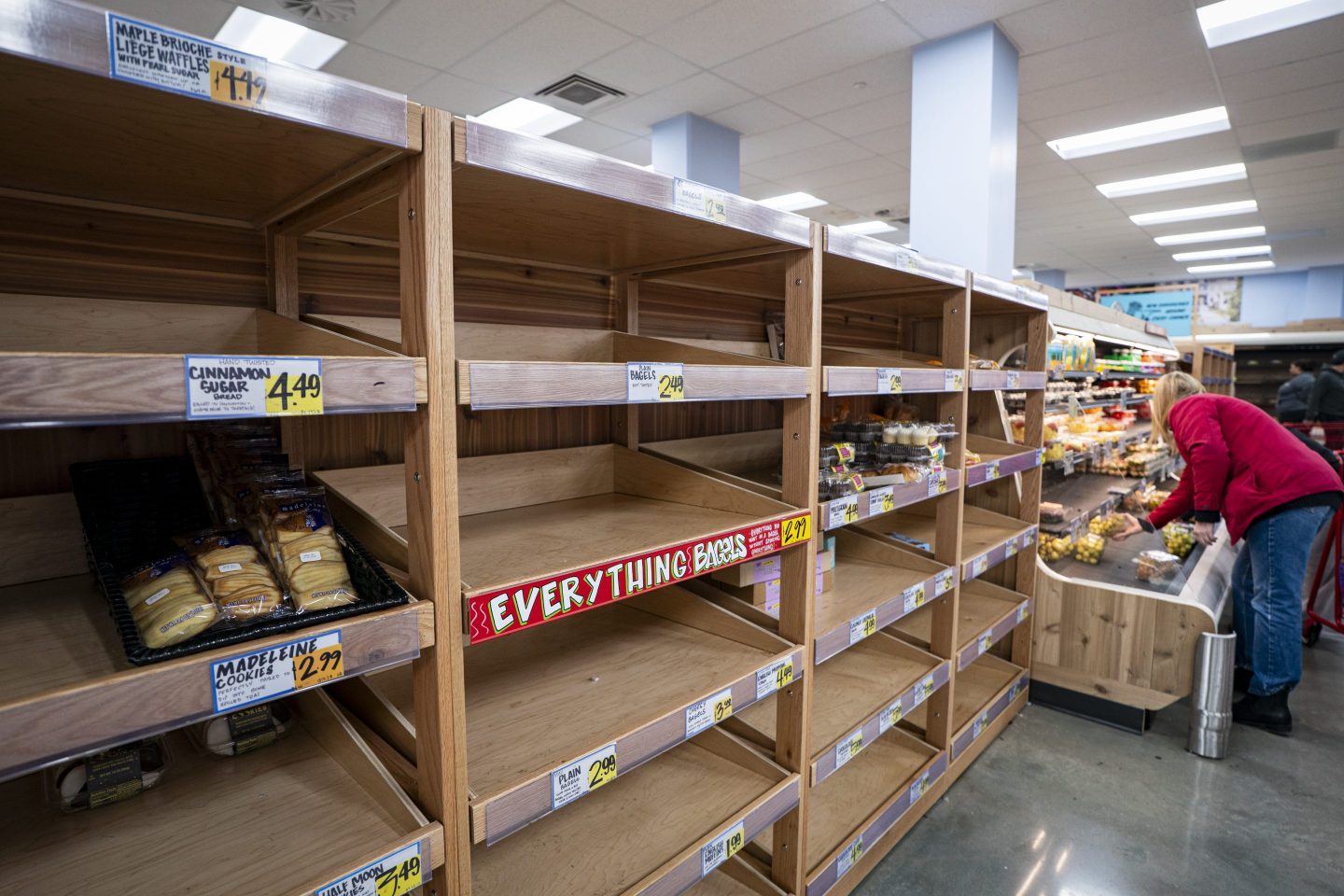The madness of crowds that briefly engulfed GameStop stock has entered its post-mortem phase, with the share price down some 90% from its delirious January high, the Justice Department issuing subpoenas, Congress scheduling hearings for next week, and Netflix, HBO, and MGM working on movies about the convulsion.
But the GameStop madness isn’t over. The frenzied trading has subsided and the r/WallStreetBets crowd has moved on, leaving us with the bedrock question of what this stock is actually worth. Bottom line: Having plunged from almost $500 a share to a mere $50 recently, the stock is still extremely risky and expensive.
The best way to see that is to examine GameStop Corp. In the most fundamental way, as a steward of investor capital that has a cost and earns a return. Institutional Shareholder Services crunches those numbers for thousands of publicly traded companies. The data shows that since 2018 GameStop has been failing the most basic test of corporate performance— earning a return on capital that exceeds the cost of that capital—and the failure is getting worse.
The difference between a company’s return on capital and its cost of capital is what economists call economic profit; ISS calls it economic value added (EVA). GameStop’s EVA has been declining since 2015, and from then until the recent craziness the stock had been in steady decline. When EVA is heading down and investors expect it continue doing so, the stock price falls. GameStop’s EVA went below zero—its cost of capital exceeded its return on capital—in 2018, and the negative gap has been widening since then.
One of the advantages of EVA analysis is that it reveals with some precision what investors are thinking about a company’s future. The market value of a company is the sum of three components: a company’s capital; the value of the business if it just keeps earning today’s EVA indefinitely; and the present value of expected future increases or decreases in EVA. The first two components are easy to measure, so if you subtract them from a company’s market value (meaning total enterprise value, the market value of the equity plus the market value of the debt), what’s left is expectations—the value that investors are attributing to future performance above or below current performance.
Do that exercise with GameStop and you find that at $50 a share, expectations account for—drumroll, please—the entire value of the company. Its capital and current pandemic-ravaged business together would be worth nothing.
Are investors’ heroic expectations reasonable? GameStop has been a laggard in e-commerce, which until 2020 accounted for only mid-single-digit percentages of sales; that rose to nearly 25% in last year’s first ten months. The company has announced a strategy of “creating a digital-first, omni-channel ecosystem for games and entertainment”—building up e-commerce further—and “optimizing our core operations,” which means closing more stores and reducing inventory and other costs.
This turnaround will be difficult. GameStop sales—$5.2 billion over the four most recently reported quarters—have been falling since 2014, when they hit $9.5 billion in the equivalent period. For the stock to begin to be worth $50, the company “would have to stop the bleeding on sales immediately,” says Anthony Campagna, a research chief at the ISS ESG unit of Institutional Shareholder Services, and keep annual revenue at about $5 billion “for the next five years” while also raising profit margins significantly and “improving capital discipline,” which means getting rid of unproductive capital (like excess inventories).
Some turnarounds succeed; Campagna expresses no view on whether this one will. What he wants investors to know—at least investors who focus on fundamentals rather than Reddit boards—is that if you buy GameStop at $50 a share, “you are without question paying for that turnaround to be perfect.” And in this world, perfection is rare.












